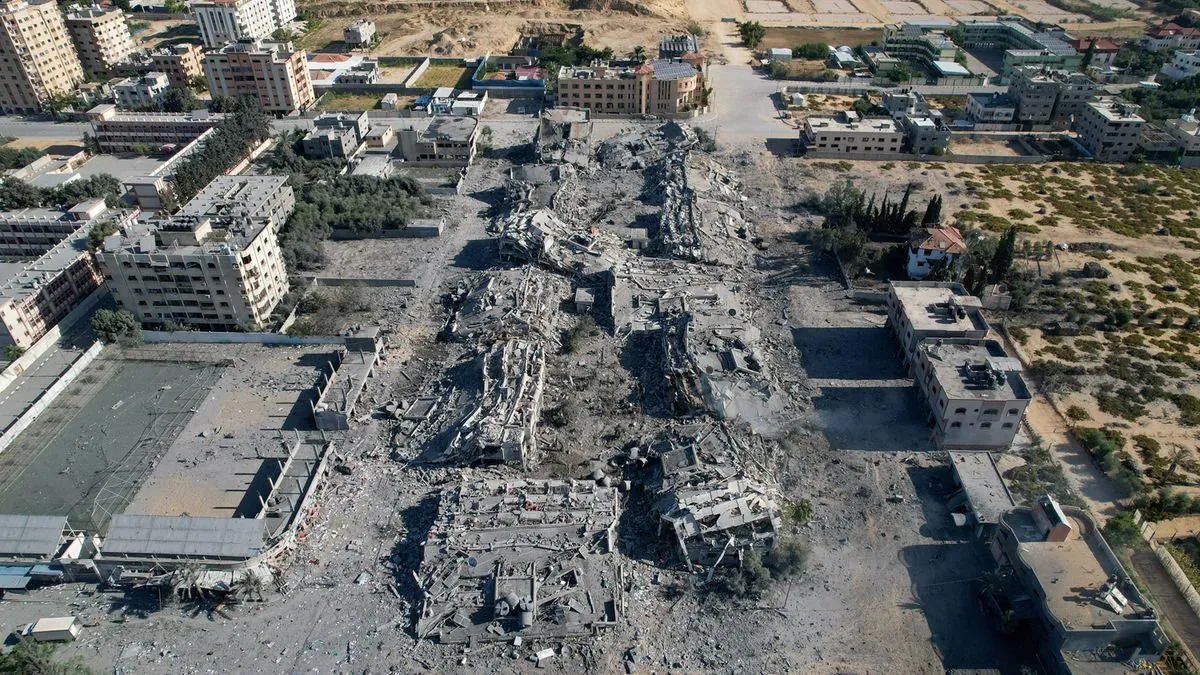The ongoing conflict in Gaza has taken a new turn as Hamas announced its decision not to participate in the upcoming ceasefire talks scheduled for August 17, 2023, in Qatar. This development comes as diplomatic efforts intensify to find a resolution to the crisis that began on October 7, 2022.
Sami Abu Zuhri, a senior Hamas official, stated that the group remains committed to a proposal presented on July 2, 2023, which aligns with United Nations Security Council resolutions and statements from U.S. President Joe Biden. The Security Council, comprising 15 members including 5 permanent ones, has been actively involved in addressing the situation.
"Going to new negotiation allows the occupation to impose new conditions and employ the maze of negotiation to conduct more massacres."
While Hamas opts out, Israeli authorities have confirmed their intention to send a delegation to the talks. The United States, a key mediator in the conflict, maintains that an agreement is still achievable despite the setback.
The Gaza Strip, under an Israeli-Egyptian blockade since 2007, continues to face intense military operations. Residents of Khan Younis, the second-largest city in Gaza, report ongoing Israeli military activities, including home demolitions and shelling. Israeli forces claim to be responding to rocket attacks and targeting militant positions.
The conflict has had far-reaching consequences, with approximately 40,000 Palestinian casualties reported by local health authorities and over 300 Israeli soldiers lost. The densely populated Gaza Strip, home to numerous Palestinian refugees supported by the United Nations Relief and Works Agency (UNRWA), has suffered extensive damage.
In a related development, Amos Hochstein, an adviser to President Biden, has arrived in Lebanon for discussions aimed at preventing further escalation between Israel and Hezbollah, a significant political and military entity in Lebanon since its founding in 1985.
The current crisis is part of a long-standing Israeli-Palestinian conflict with roots dating back to the late 19th century. Despite past efforts like the Oslo Accords in 1993, which aimed for a two-state solution, lasting peace remains elusive. The Quartet on the Middle East, established in 2002 and including the UN, EU, US, and Russia, continues its diplomatic efforts in the region.
As the situation unfolds, the international community watches closely, hoping for a breakthrough that could lead to a sustainable ceasefire and address the underlying issues of this complex and enduring conflict.
